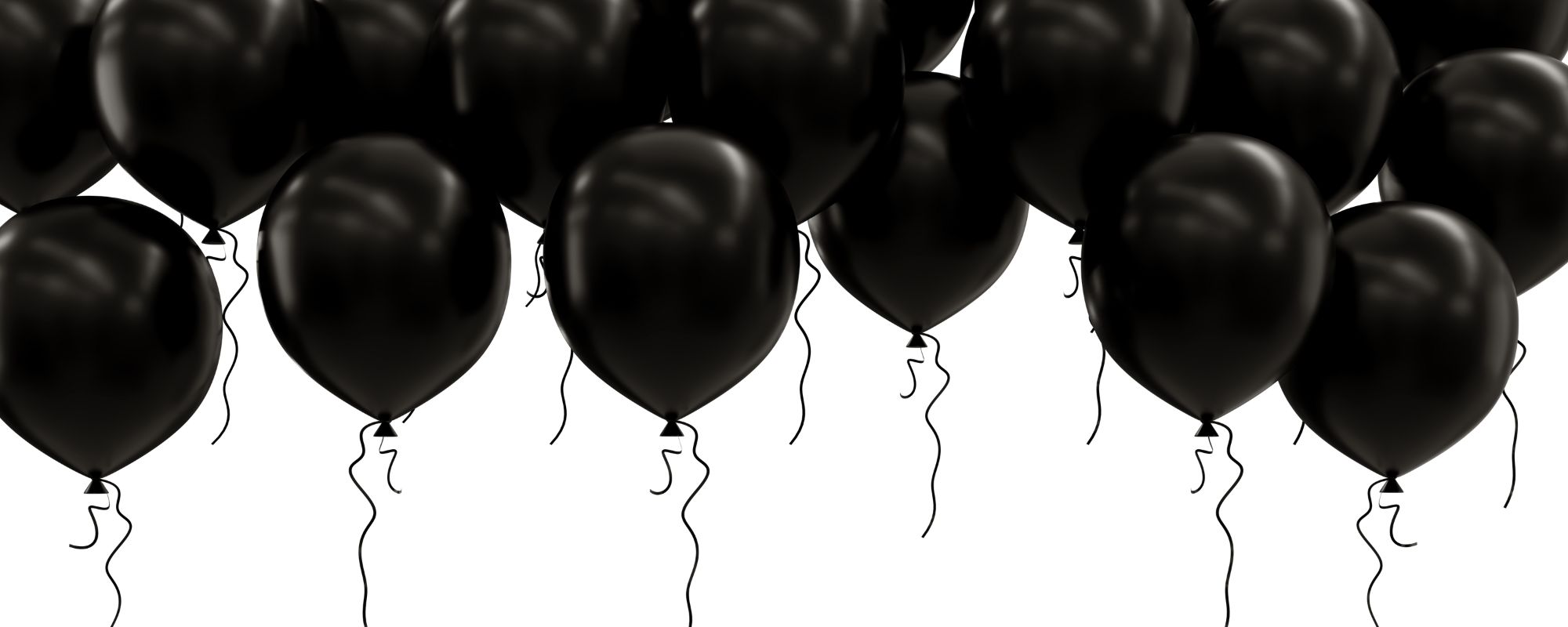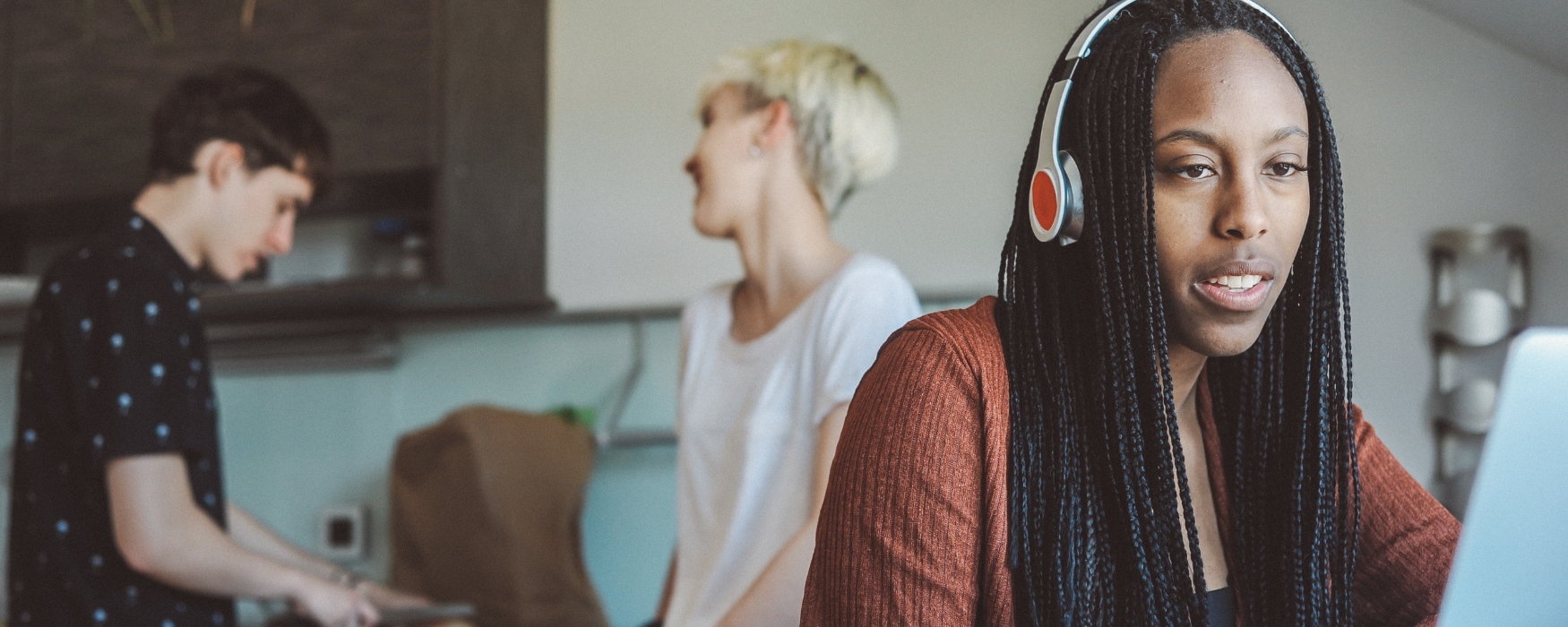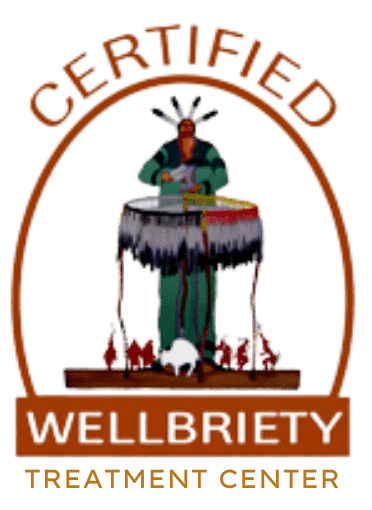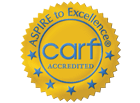Addiction recovery is all about replacing bad habits with healthy habits, and learning a new way of life. It is important to take time for yourself to relax in addiction recovery, as many emotions can arise during the recovery process. Addiction treatment can be emotionally and physically exhausting, as you are re-learning valuable life skills and gaining insight about yourself. Drug or alcohol rehab programs usually involve intensive therapies that will provide guests with insight, support, healing, coping skills, and education on how to prevent relapse.
Why is it Important to Relax?
Sometimes, your brain and body just need a break. When you enter a treatment center, it is important to practice self-care. Self-care includes learning when and how to relax, which will be useful to you far beyond your drug rehab treatment. When in active drug or alcohol addiction, many of us have put relaxation on the back-burner, placing only alcohol or drugs as the number one priority. During addiction treatment for substance use disorders, guests will re-learn the importance of knowing how and when to relax— because relaxation techniques support long term health and wellness. Substance abuse and mental health go hand-in-hand, often times when substance abuse becomes more severe, so does mental health.
Our Approach
Royal Life Centers at Sound Recovery takes a holistic approach, treating the mind, body, and spirit for overall wellness. Health in all areas is important to us, which is why Royal Life Centers at Sound Recovery treatment options encourage guests to learn new healthy habits that will help them relax through out their day. Guests may use these relaxation techniques at any point during their treatment or after, they may use these techniques in times of distress or in contentment. These 20 ways to relax can be used as frequently as desired, because they promote overall wellness and many of them are self-practiced behavioral therapies.
Here are 20 addiction treatment relaxation techniques:
1. color-in pictures in a coloring book
Using a coloring book allows your mind to take a break from thinking. Coloring in a coloring book allows for you to focus on a simple task, color by color. The repetition will give your mind a break and allow for relaxation.
2. take a warm bath
Try using essential oils in your bath water, like peppermint for invigorating bath or lavender for a calming soak. Feeling stressed? Take twenty or so minutes to soak in a warm bath to relieve stress and any tension.
3. meditate
Practice meditation without being a meditation pro. All you need to do is sit on the ground, and focus on your breath as you try to clear your mind. If you have a hard time with meditating, try focusing on your senses. Focus on the feeling of the ground beneath you, the smell of the room, the feeling of oxygen entering your nose, the taste of the air as you exhale, the sound you can hear, what can you see (if your eyes are open)? Remember, smell, touch, taste, sight, sound.
4. yoga
Practicing yoga is very relaxing, especially if you are practicing a slow-speed flow yoga. Take a couple of deep breaths in each pose, and feel the relaxation wash over you.
5. listen to music
Listening to music has many benefits. Songs with slow tempos and soft beats can actually trigger a relaxation response.
6. progressive muscle relaxation
Slowly visualize each muscle in your body relaxing, starting from your head and moving downwards towards your toes. Consciously practice relaxing each part of your body as you move down through your entire being. This relaxation technique is also extremely helpful before going to sleep.
7. drink a cup of tea
Drinking a cup of tea is relaxing on its own accord, however, the warmth of the liquid naturally triggers relaxation in the body. Try drinking green tea with a spoonful of honey in the mornings, and for the nighttime try chamomile or other herbal teas— because herbal tea does not have caffeine.
8. journaling
Journaling is a very useful therapeutic activity. Not only does journaling allow for an emotional release, but having a pen and paper in hand allows for mindfulness— as you are focused on present moment while writing.
9. make art
Whether it be doodling, drawing, painting, etc.— art is therapeutic and allows for relaxation and creative expression. Creating art is proven to relieve anxiety and is especially helpful for those in treatment for drug abuse, as they are able to express themselves through mediums when words are not enough.
10. watch a movie
There’s nothing better than curling up on the couch with your favorite blanket to watch a good movie.
11. cook
Cooking is therapeutic in its process and outcome. Both cooking and eating are ways to practice mindfulness, staying in the present moment by focusing on sensory details.
12. take a quick nap
Taking a short nap is the ultimate way to relax your mind and body. If you are exhausted, listen to your body and give it a break. The ideal time to nap for is twenty minutes in length, as it allows your body and mind to rest without bringing you into a deep state of sleep. Even if you cannot sleep, laying down with your eyes closed is considered resting— and will still produce the same relaxing effect of a nap.
13. garden
Gardening is a relaxation technique. Being able to touch soil and living plants is therapeutic and produces feel-good chemicals in your brain simultaneously. Gardening allows for you to focus on a single, simple task and lets your brain take a break from the craziness of life.
14. do a face mask
Relax by practicing self-care. Put on a clay face mask to treat your skin and yourself at the same time. Doing something nice for yourself will build your self-esteem, and also help you practice relaxation.
15. lay down
Simply taking a break to lay down is underrated. Relaxation can be practice in very simplistic ways, like taking a few minutes to lay down.
16. brush your hair
Brushing your hair can be a relaxation technique, although it’s just a simple task. Try brushing your hair slowly, focusing on the way it feels to bring the brush through your hair. Spend a few minutes brushing your hair and you can realize how relaxed you feel.
17. tapping technique
Use the tips of your fingers from both hands to methodically tap on your face and body. Try tapping your forehead, eyebrows, shoulders, arms, legs, etc. While you are tapping, take deep breaths in and out.
18. tell yourself positive affirmations
Sit or stand, and repeat positive affirmations like “I love you”; “you are strong”; “you are amazing”; “today is a good day.” Let the power of positivity work to relax you and build your self-esteem as well.
19. give yourself a massage 20. trace with your fingertips
Trace designs with your fingertips across your face, arms, wherever. The power of the sensation you create with your own touch will cause you to feel relaxed.
Although these relaxation techniques are short term practices, your overall long term health and wellness relies on continuing to practice these types of healthy habits. Royal Life Centers at Sound Recovery encourages healthy habit making. We provide guests with the tools they need to rebuild their lives. Guests will gain confidence in building a happy, healthy, and successful life in sobriety. Guests are taught relaxation techniques like the ones above, to be used as coping mechanisms and for overall health.
If you or someone you know is struggling with addiction, please don’t hesitate to reach out to us at (877)-RECOVERY or (888) 716-4070. Our addiction specialists are available to take your call 24/7. Because We Care.















